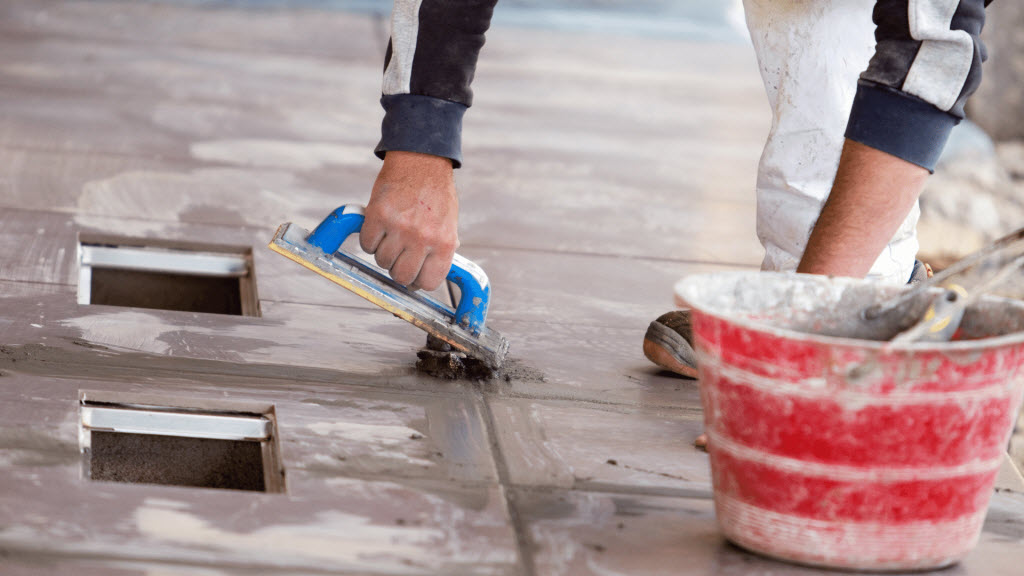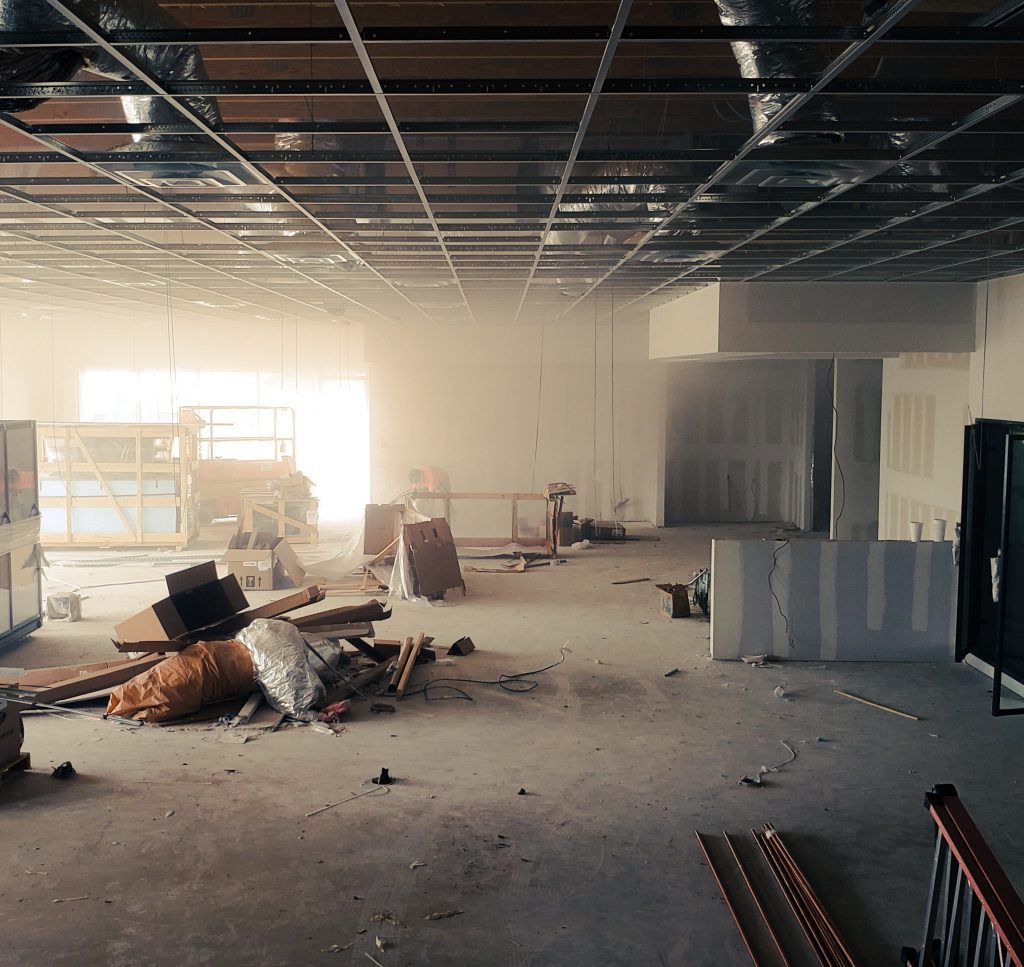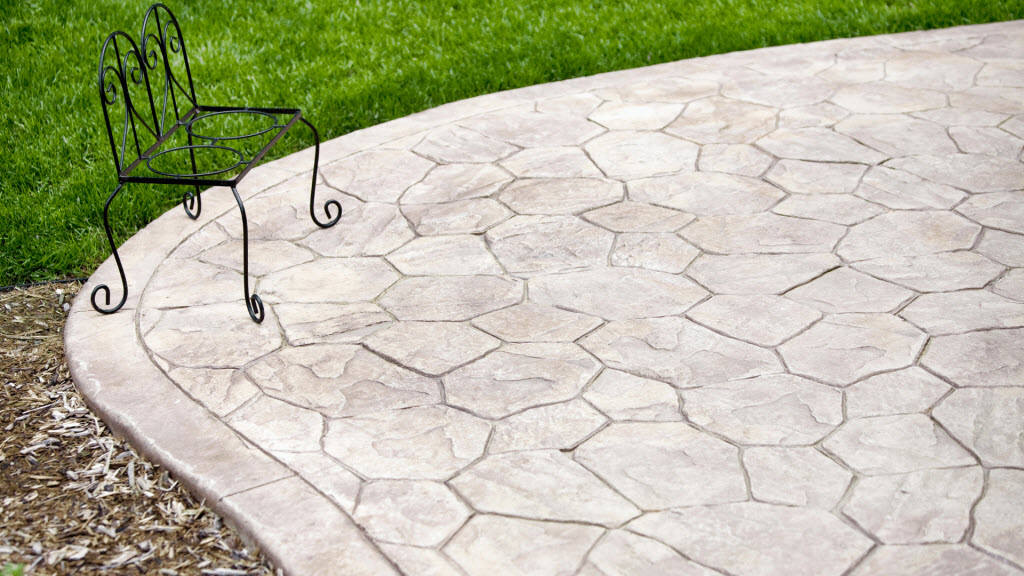cutting concrete slab
Many homeowners prefer driveway slabs. They are strong and easy to maintain. Driveway slabs are durable and can last for many more years with the right care.
floor grinding companies
Concrete work can be both rewarding, and it can be challenging. It requires attention to detail, and a steady hands. Concrete work can be fulfilling for those who are ready to face the challenges.
The cost of a driveway can vary depending on a number of factors. These factors can include the size of the driveway, the materials used, and the labor involved. The average cost of a driveway is between $500 and $2000. However, it is possible to find driveways that cost more or less than this amount.

Many homeowners prefer driveway slabs. They are strong and easy to maintain. Driveway slabs are durable and can last for many more years with the right care.
-A company which has been in operation for many years


Concrete resurfacing can have many benefits. It can improve your home's appearance, increase its value and extend its lifetime.
Stamped concrete is a popular pavement choice for both commercial and residential applications. Its durability and low maintenance requirements make it an ideal option for high traffic areas. When installed properly, stamped concrete can last for decades.

It is a popular option for residential and commercial pavements. Its durability makes it a good choice for high traffic areas. Stamped concrete is durable and can last for decades if installed correctly.

If you use too much cement in concrete, it can adversely affect the strength and durability of the final product. The amount of cement in a concrete mix is typically expressed as a "cement to sand ratio" or a "cement to aggregates ratio". A higher-than-normal cement ratio means that there will be more cement paste surrounding the individual aggregate particles, which can make the concrete weaker and more susceptible to cracking. Conversely, using too little cement will also lead to substandard concrete; in this case, the mixture will be more likely to experience shrinkage cracking as it dries. It's therefore important to get your proportions right when making concrete, in order to ensure a high-quality final product.
The answer to this question depends on a few factors, including the type of concrete, the weather conditions during and after the pour, and the thickness of the reinforcing bars (rebar). In general, however, a minimum thickness of 4 inches is recommended.
If you are looking for a more specific answer, it is best to consult with a professional engineer.
Adding cement to concrete does indeed make it stronger. cement is a hydraulic binder, meaning it binds well with water. This makes it ideal for use in concrete, as the water helps to activate the chemical process that makes concrete harden. The more cement you add, the stronger your concrete will be.
That being said, there is such a thing as too much cement. Too much cement can actually weaken concrete, as it causes the paste to become too fluid and accelerates the hydration process, leading to cracks and shrinkage. So while adding cement will make your concrete stronger, be sure not to add too much or you could do more harm than good!